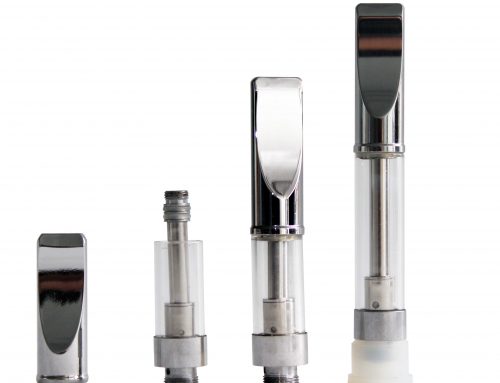What is the difference between CBD and THC?
Introduction:
CBD (cannabidiol) and THC (tetrahydrocannabinol) are two well-known cannabinoids derived from the cannabis plant. While they both interact with the body’s endocannabinoid system, CBD and THC have unique characteristics. In this comprehensive article, we will explore the key differences between CBD and THC, including their chemical properties, psychoactive effects, legal status, health benefits, and therapeutic applications.
Chemical Properties:
CBD and THC share the same molecular formula (C21H30O2) but have different structures. This slight variation in structure leads to significant differences in how they interact with the body’s cannabinoid receptors. CBD does not bind strongly to cannabinoid receptors, while THC binds strongly to the CB1 receptors, which are primarily found in the brain and central nervous system.
Psychoactive Effects:
One of the most prominent distinctions between CBD and THC is their psychoactive effects. THC is the psychoactive compound responsible for the euphoric “high” associated with marijuana use. On the other hand, CBD is non-psychoactive and does not produce intoxicating effects. This makes CBD an attractive option for individuals seeking potential therapeutic benefits without the intoxicating effects of THC.
Legal Status:
Due to its psychoactive properties, THC is classified as a controlled substance in many countries. The legality of THC varies, with medical marijuana programs in place in some regions and complete prohibition in others. On the contrary, CBD derived from hemp is legal in many countries, as long as it contains less than 0.3% THC. Hemp-derived CBD products are widely available for purchase, while THC-rich products are typically limited to regions with legalized recreational or medical marijuana.
Health Benefits and Therapeutic Applications:
Both CBD and THC have shown potential for various health benefits and therapeutic applications. CBD has gained popularity for its reported anxiolytic, analgesic, anti-inflammatory, and neuroprotective properties. It is used by individuals seeking relief from anxiety, chronic pain, epilepsy, insomnia, and other conditions. THC, on the other hand, is primarily used for its analgesic, appetite-stimulating, and antiemetic effects, making it valuable in managing pain and nausea in certain medical conditions.
Side Effects and Safety:
CBD is generally considered safe with minimal side effects such as dry mouth, drowsiness, and changes in appetite. THC, however, can cause psychoactive effects, temporary memory impairment, coordination difficulties, and increased heart rate. These psychoactive effects are the reasons why THC-rich products are closely regulated. It’s important to note that high doses of THC can induce anxiety or paranoia in some individuals.
Dosage Considerations:
Determining the appropriate dosage for CBD and THC products can be challenging as individual responses vary. It is recommended to start with low doses and gradually increase to find the optimal dose that provides the desired effects. Consulting a healthcare professional can be beneficial, especially for individuals with specific medical conditions or those taking other medications.
Drug Tests:
Regularly using THC-rich products can result in positive drug tests, as THC metabolites can be detected in the body for several days or weeks. Hemp-derived CBD products with minimal THC content are less likely to result in a positive drug test. However, it is crucial to verify the THC content in CBD products, especially if strict adherence to a drug-free policy is required.
Research and Scientific Evidence:
While CBD has become more widely studied and researched in recent years, both CBD and THC continue to be the subject of ongoing research. The scientific community is exploring their potential therapeutic applications, dosage guidelines, and long-term effects. It is important to stay updated with current research findings to make informed decisions regarding CBD and THC use.
Conclusion:
Understanding the differences between CBD and THC is essential for individuals considering cannabinoid-based products. The chemical properties, psychoactive effects, legal status, health benefits, and therapeutic applications set CBD and THC apart. CBD offers potential therapeutic

